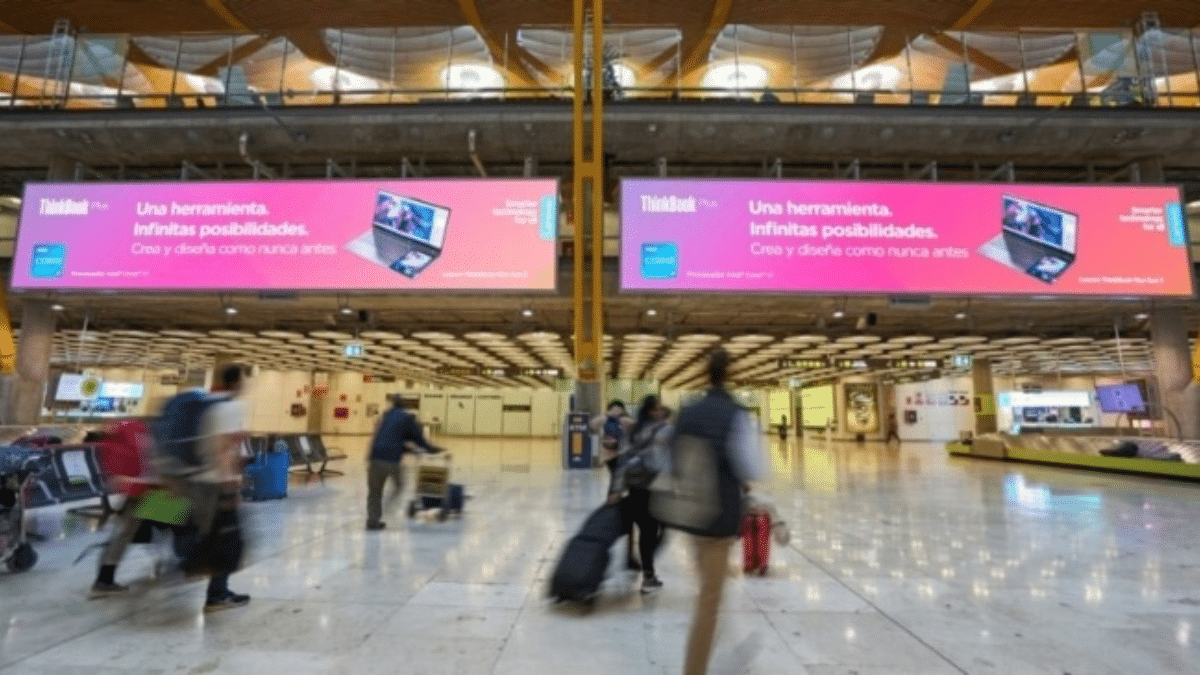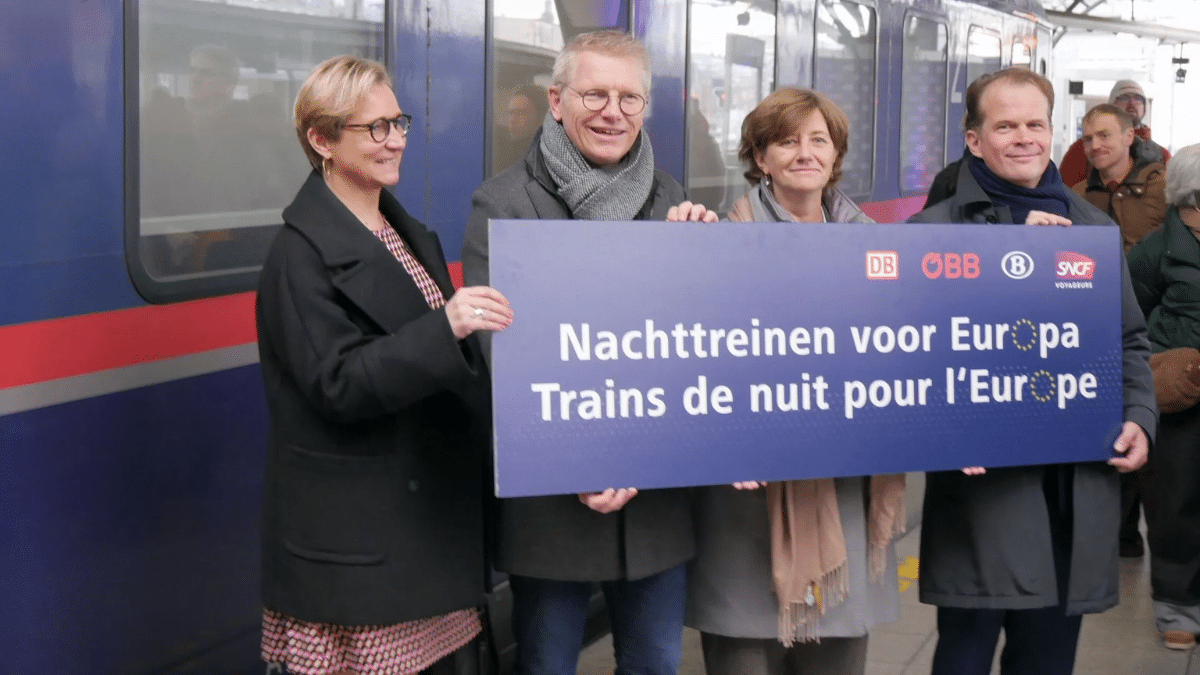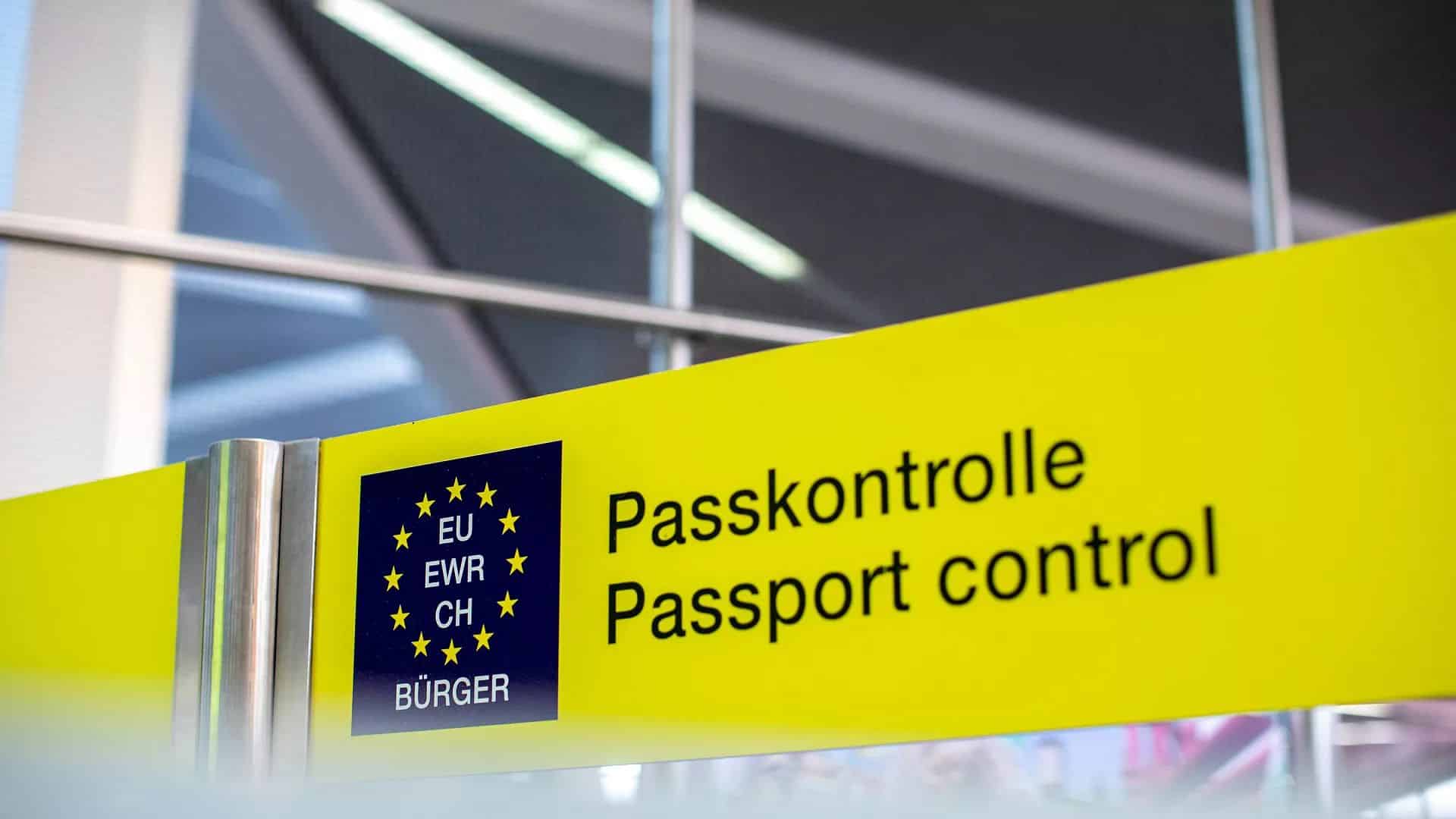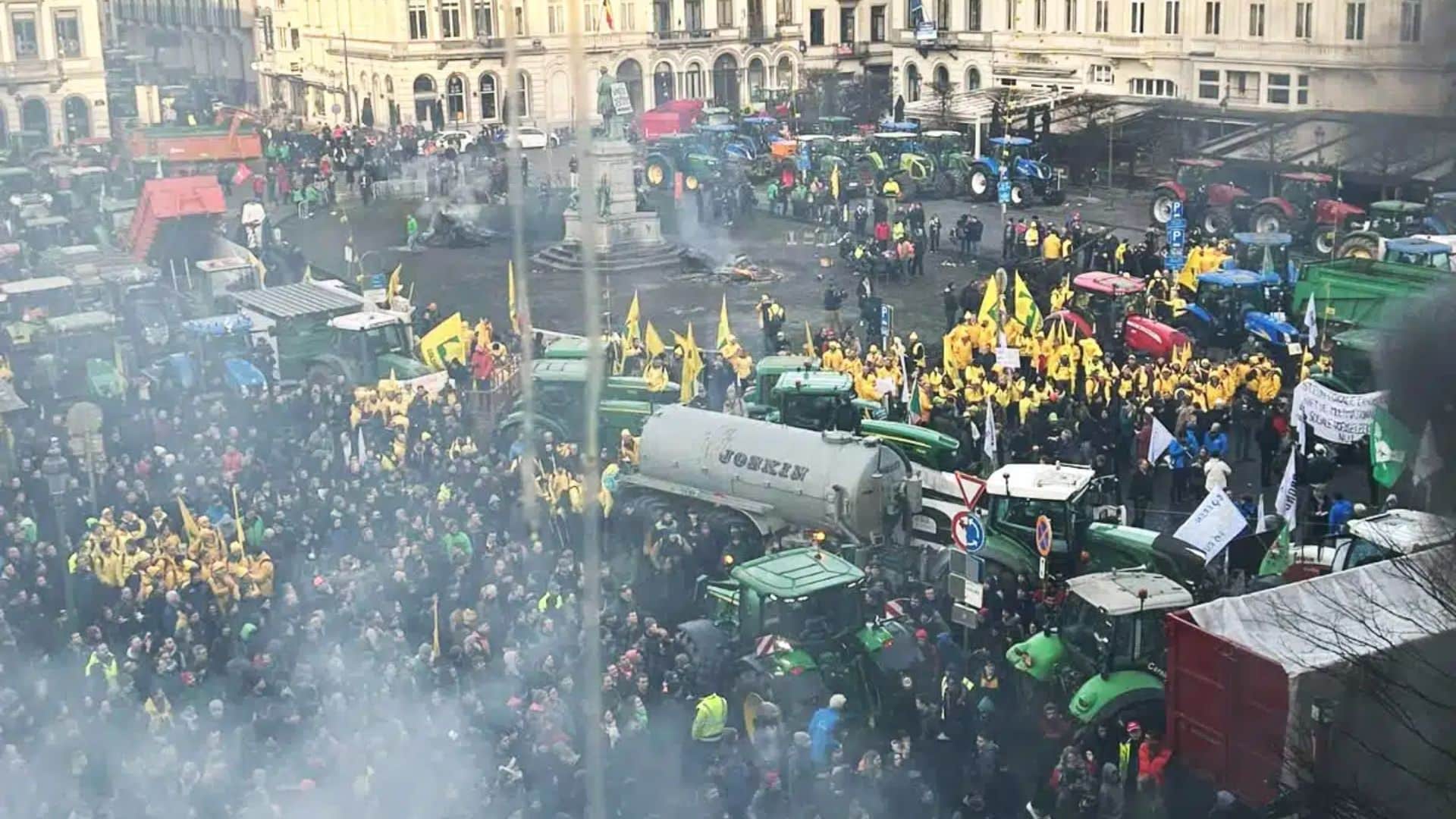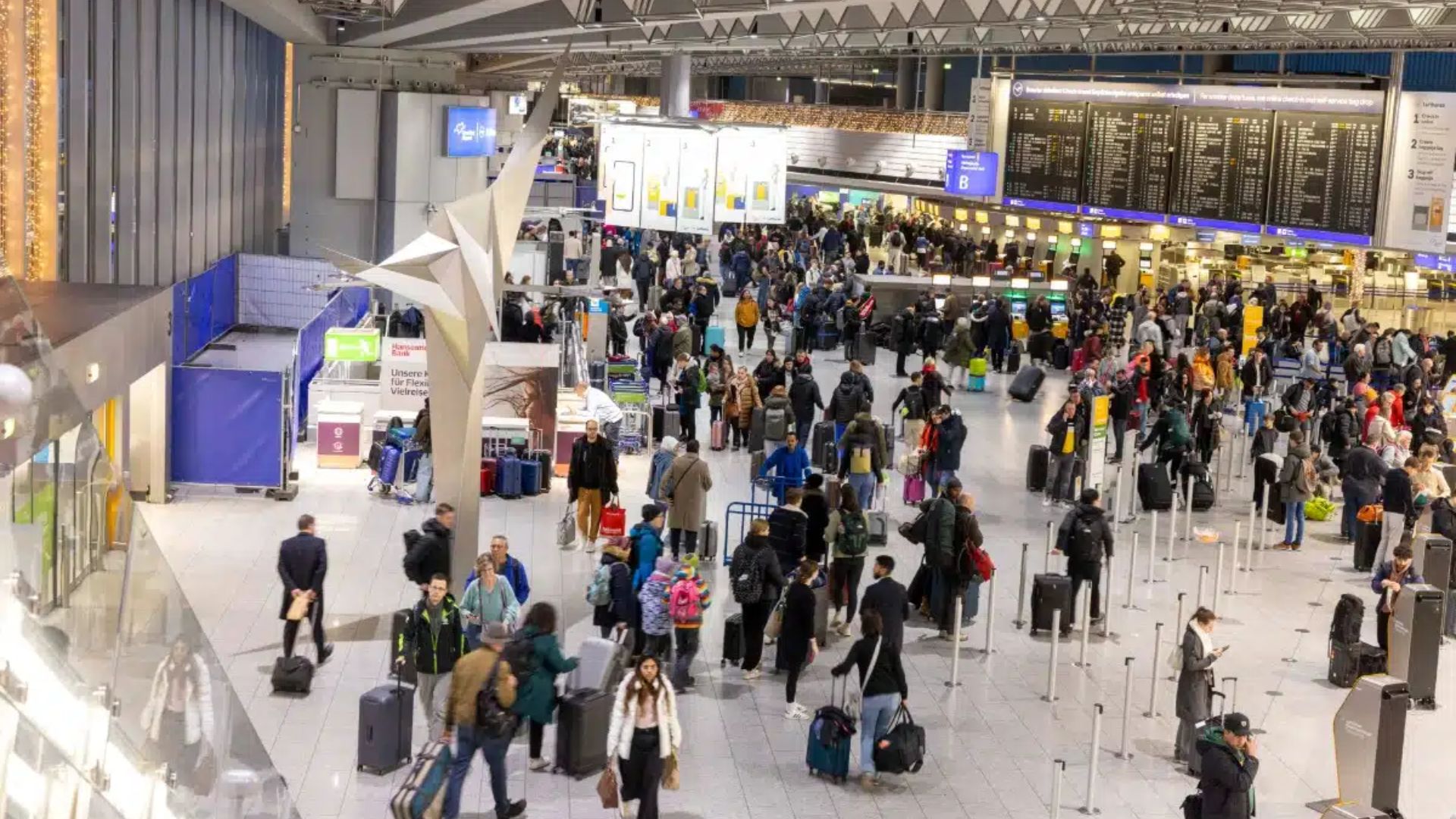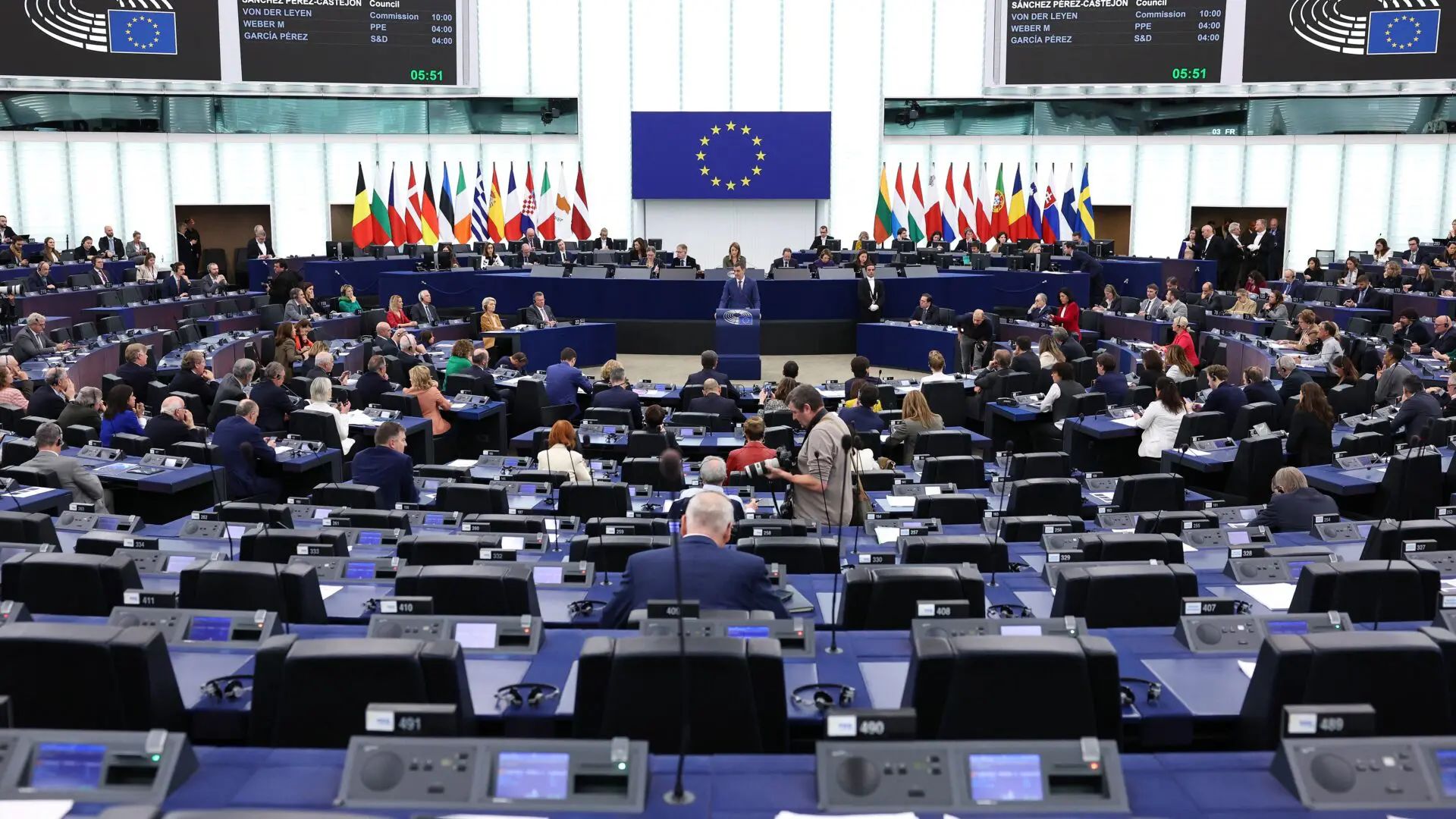
Strike in Renfe
The trade unions CCOO, UGT and Semaf have called three days of strike action in the Renfe Group for the coming 28 October and 7 and 11 November, of which the first will be 24 hours and the remaining two will be partial stoppages, as a result of the company’s inaction to agree the new collective bargaining agreement.
According to UGT, the railway group “is blocking, unilaterally and deliberately, the collective bargaining, which means serious damage to the entire workforce”, leading the unions to a mobilisation scenario that will begin with a rally in front of the Congress of Deputies on 19 October.
The protest will continue, if there is no positive response from the company and ministerial bodies, with the aforementioned days of strike action, the CCOO warned.
The first day of strike action has been called for Friday 28 October from midnight until 11pm, while partial stoppages will take place on Monday 7 and Friday 11 November, between 6am and 9am and from 6pm until 8pm in both cases.
The trade union organisations have registered the strike call after the mediation meeting held today at SIMA (Interconfederal Mediation and Arbitration Service) to try to unblock collective bargaining ended without agreement.
The lack of willingness of Renfe management to negotiate with the group’s representative bodies at the various tables set up to negotiate the third collective bargaining agreement “is delaying the possibility of agreement”, denounced Semaf.
The unions are also calling for a response to “the obvious lack of staff in all areas and groups of the company”, extending the temporary contracts made as a result of the government’s measure to maintain free season tickets until 2023.
In addition, they demand that the public offers of employment (OPE) scheduled for 2023 be brought forward so that they are carried out before the end of the current financial year, including those of Administration and Management, which avoids outsourcing and allows for the professional promotion of the collective.
Company sources have explained to Efe that both Renfe and the trade unions are awaiting the agreement reached in the Civil Service Bureau, since everything contained therein that is applicable to the railway group (both the wage increase and other issues under negotiation) will be transferred to the pre-agreement of the Third Collective Bargaining Agreement.
The wage increase is an issue that transcends Renfe and affects all civil service workers equally, while the replacement rate is determined by the General State Budget Law (PGE).
The Renfe Group, in accordance with what is foreseen for each year in the PGE, requests the maximum replacement rate established for public business entities and state trading companies.
As soon as the PGE law for 2023 is approved, the different job offers will be published, and the entire replacement rate granted will be used up in the year, the same source stressed.
In 2021, the replacement rate in the Renfe group was 110% and this year it is 120%.
The Renfe Group “has the highest workforce since its creation in 2005”, with 16,206 workers.

